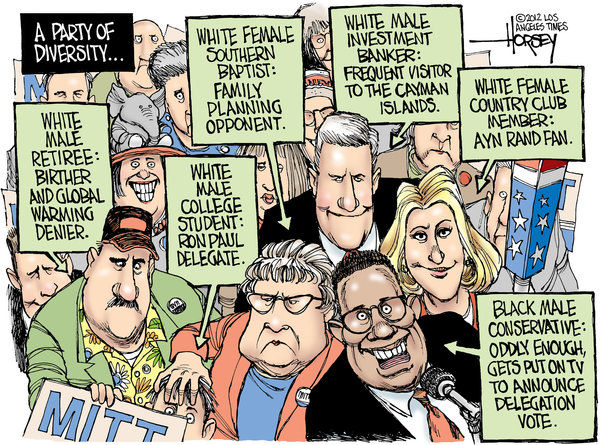Let's Fight for a Progressive Agenda
By Senator Bernie Sanders
Progressive America Rising via HuffPost
Sept 29, 21012 - There are two major economic and budgetary issues which Congress must address in the lame-duck session or soon afterward. First, how do we reverse the decline of the middle class and create the jobs that unemployed and underemployed workers desperately need? Second, how do we address the $1 trillion deficit and $16 trillion national debt in a way that is fair and not on the backs of the elderly, the children, the sick or the poor?
Both of these issues must be addressed in the context of understanding that in America today we have the most unequal distribution of income and wealth of any major country on earth and that the gap between the very rich and everyone else is growing wider. Today, the top 1 percent earns more income than the bottom 50 percent of Americans. In 2010, 93 percent of all new income went to just the top 1 percent. In terms of wealth, the top 1 percent owns 42 percent of the wealth in America while the bottom 60 percent owns just 2.3 percent.
In my view, we will not make progress in addressing either the jobs or deficit crisis unless we are prepared to take on the greed of Wall Street and big-money interests who want more and more for themselves at the expense of all Americans. Let's be clear. Class warfare is being waged in this country. It is being waged by the Koch brothers, Sheldon Adeslon, Mitt Romney, Paul Ryan and all the others who want to decimate working families in order to make the wealthiest people even wealthier. In this class war that we didn't start, let's make sure it is the middle class and working families who win, not the millionaires and billionaires.
In terms of deficit reduction, let us remember that when Bill Clinton left office in January of 2001, this country enjoyed a healthy $236 billion SURPLUS and we were on track to eliminate the entire national debt by the year 2010.
What happened? How did we go from significant federal budget surpluses to massive deficits? Frankly, it is not that complicated.
President George W. Bush and the so-called "deficit hawks" chose to go to war in Afghanistan and Iraq, but "forgot" to pay for those wars -- which will add more than $3 trillion to our national debt.
President Bush and the "deficit hawks" provided huge tax breaks to the wealthiest 2 percent of Americans -- which will increase our national debt by about $1 trillion over a 10-year period.
President Bush and the "deficit hawks" established a Medicare prescription drug program written by the pharmaceutical and insurance industries, but they "forgot" to pay for it -- which will add about $400 billion to our national debt over a 10-year period.
Further, as a result of the greed, recklessness, and illegal behavior on Wall Street, this country was driven into the worst recession since the Great Depression which resulted in a massive reduction in federal revenue.
And now, as we approach the election and a lame-duck session of Congress, these very same Republican "deficit hawks" want to fix the mess they created by cutting Social Security, Medicare, Medicaid and education, while lowering income tax rates for the wealthy and large corporations. Sadly, they have been joined by some Democrats.
The fiscal crisis is a serious problem, but it must be addressed in a way that will not further punish people who are already suffering economically. In addition, it is absolutely imperative that we address the needs of 23 million Americans who are unemployed or underemployed.
What should working families of this country demand of Congress in response to these crises? Let me be specific:









![[PDA - Heathcare NOT Warfare - Sign the Petition.]](http://pdamerica.org/images/ads/HealthNotWar_final.jpg)


